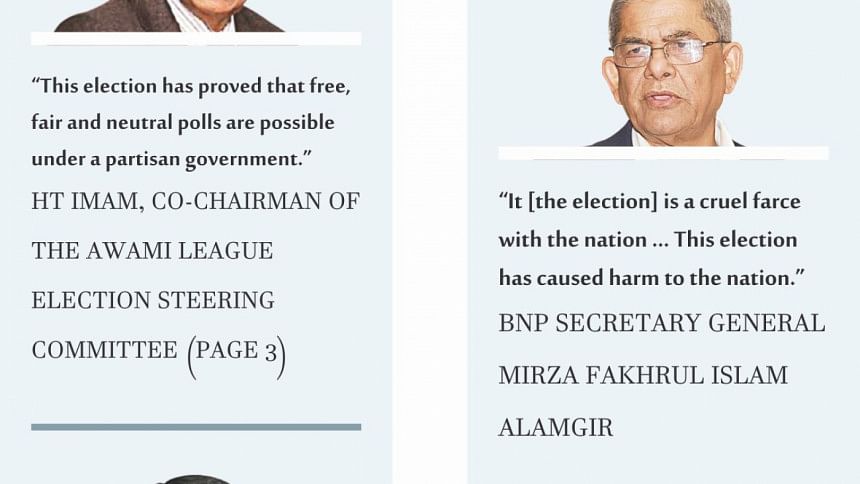
What they said
Related News
Photo: Anvil Chakma, Amran Hossain, Orchid Chakma, Sk Enamul Haq
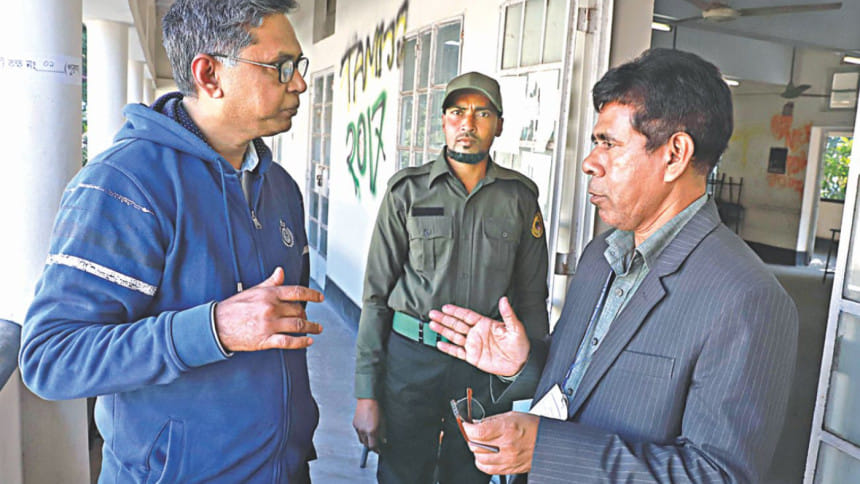
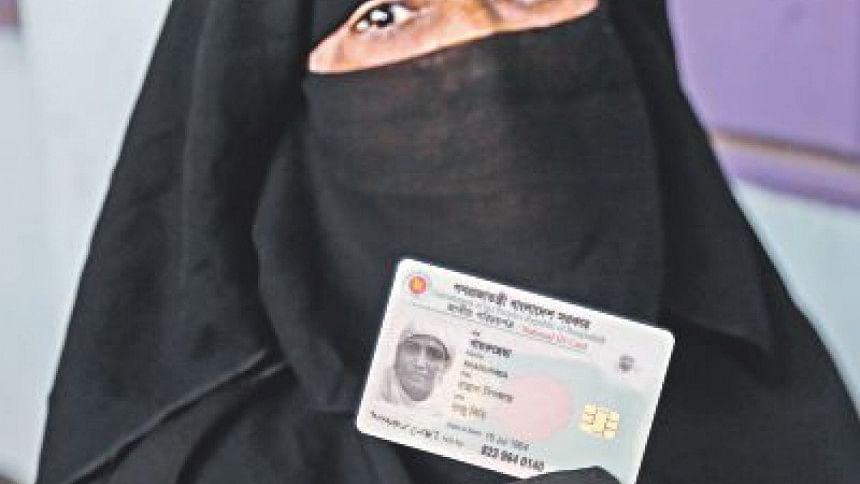
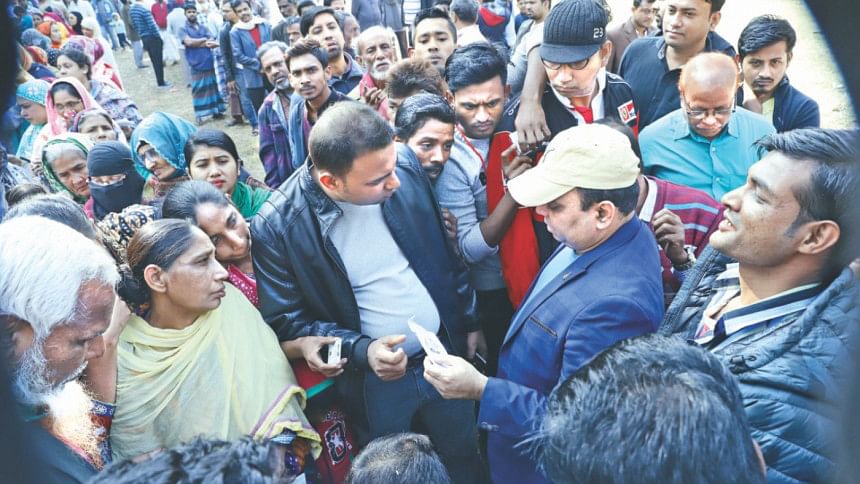
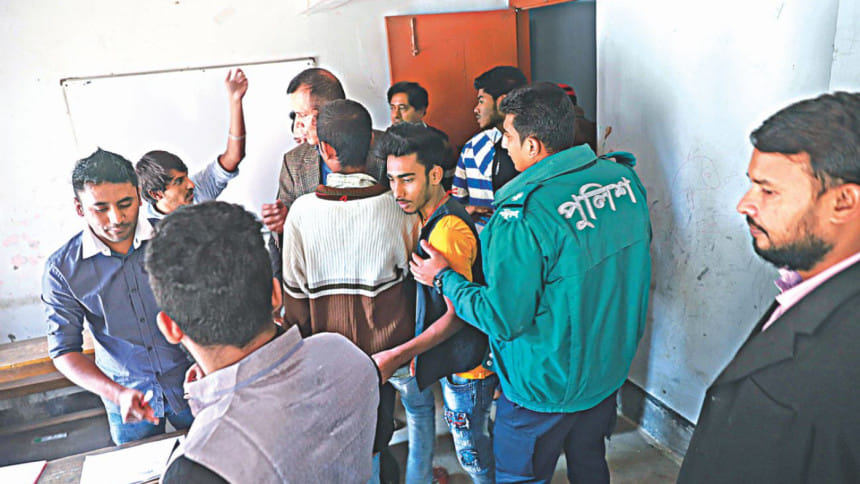
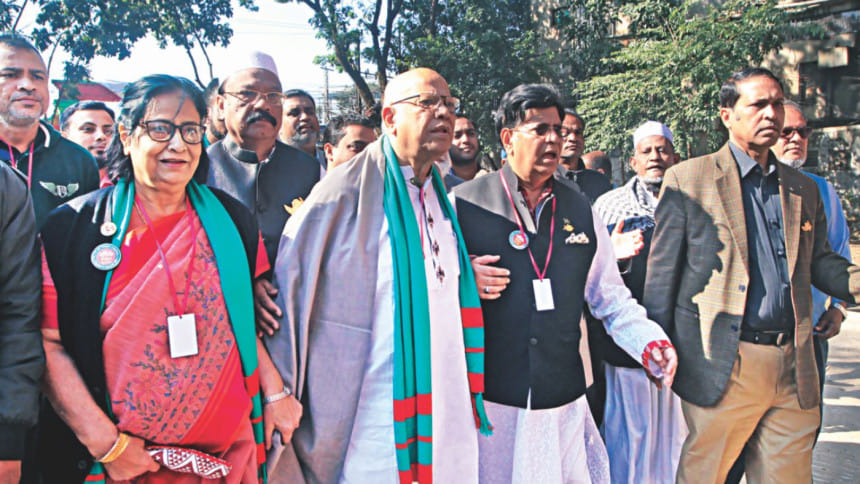
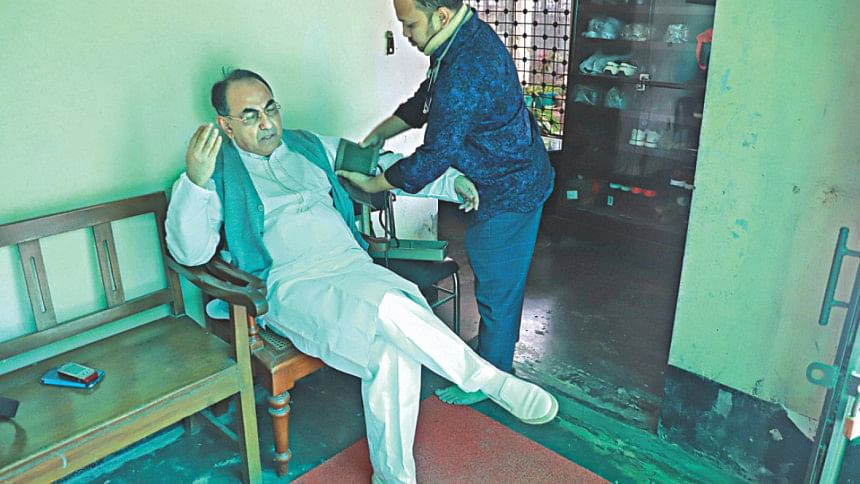
Chief Election Commissioner KM Nurul Huda yesterday rejected the Transparency International Bangladesh report on irregularities in the 11th parliamentary polls, terming the report “baseless”.
Besides the CEC, two ministers criticised the report.
Awami League General Secretary Obaidul Quader, also road transport and bridges minister, called the TIB report a “fairy tale”.
Information Minister Hasan Mahmud said the TIB report was a “deliberate falsehood” and it echoed the speech of opposition alliance -- Jatiya Oikyafront -- regarding the December 30 polls.
On Tuesday, the TIB in its study titled “Review of Election Process of 11th National Election” said irregularities took place in 47 out of the 50 constituencies it surveyed.
It termed the polls “partially participatory, non-competitive, questionable and faulty" and demanded a judicial inquiry into the reported irregularities.
The anti-graft watchdog said ballot papers stamping took place the night before the election in 33 constituencies, stamping ballots openly after occupying booths in 30 seats on the election day and non-availability of ballot papers in 22 constituencies.
The TIB study found ballot boxes filled-up before polling even began in 20 constituencies; voters forced to cast ballots for a particular symbol in 26 constituencies, casting of fake votes in 41 seats, silence of the administration and law enforcing agencies in 42 seats and obstructing and driving out polling agents in 29 seats.
In the 50 constituencies, not all the polling centres necessarily saw the anomalies. Irregularities happened in one or more centres of a seat, the watchdog said.
'IT IS BASELESS'
“We are completely rejecting the TIB report on the election. It is baseless,” the CEC told reporters after an orientation programme of the newly appointed Election Commission officials at the Nirbachon Bhaban in the capital yesterday.
The CEC said there was no similarity of the TIB report with those published in newspapers and accounts of other observers on the voting day.
Information provided by the election enquiry committees, executive magistrates and EC officials and others on the polls also do not match the TIB findings, he said.
The CEC also slammed the TIB's allegation that the EC failed to act neutrally and the role of some polling officers and law enforcement agencies were biased, saying, “The speech is disrespectful ... They should not speak like that.”
He said the commission would not take any step against TIB over its report.
'FAIRY TALE'
“The TIB has come up with the fairy tale long after the election,” Quader told journalists after an extended meeting of Dhaka South City unit Jubo League at AL's central office on the Bangabandhu Avenue.
“The TIB has cooked up so many imaginary and unbelievable stories. The countrymen will give a reply to the report.”
He termed the December 30 election transparent and excellent.
“Did any agent of BNP and Oikyafront candidates make any objection about the transparency of the election on the voting day?” Quader questioned.
HASAN BINS REPORT
In another development, Information Minister Hasan Mahmud said, “There is no difference between the TIB report and the speech of the Oikyafront. In fact, the TIB just published a report in favour of BNP and Jamaat-Shibir.”
He was addressing a press conference in his Dewanji Pukur Par lane house in the port city yesterday, reports a staff correspondent in Chattogram.
The minister added that though the TIB usually claimed that its reports were based on research findings. But in fact, no proper research was actually done.
Re-balloting at three polling centres under Brahmanbaria-2 constituency, where voting was suspended during the December 30 election, will be held today.
In case of 100 percent turnout of 10,574 voters, BNP candidate Abdus Sattar Bhuiyan needs 208 votes while his nearest rival independent contender Moyeenuddin Moyeen needs 10,367 votes to win the election.
The three election centres are Jatrapur Govt Primary School, Bahadurpur Govt Primary School and Sohagpur Dakkhin Govt Primary School.
Re-voting is necessary as the margin of votes between Sattar and Moyeenuddin is 10,159, less than the total votes at the three centres.
The Election Commission will announce next week the election schedule for the 50 reserved seats for women in the 11th parliament, EC Secretary Helal Uddin Ahmed said today.
“According to the 11th parliamentary election results, 43 seats will be reserved for Awami League while four for the Jatiya Party, one for Jatiya Oikyafront and two for the independent and other candidates,” Helal Uddin Ahmed told reporters at Nirbachan Bhaban in the capital’s Agargaon.
Besides, the upazila parishad elections will be held in phases from the first week of March, he added.
The AL-led grand alliance secured 288 seats -- the AL 257, the JP 22 and others 9 -- in the December 30 election. The BNP-led Jatiya Oikyafront got only eight seats.
Chief Election Commissioner KM Nurul Huda has ruled out any scope of holding fresh election, as demanded by opposition alliance Jatiya Oikyafront.
“There is no scope to hold the national election again,” he said while briefing to media today, a day after the 11th parliamentary election was held.
Rejecting the allegation of ballot stuffing on the night before election, the CEC said: “It is completely untrue.”
Expressing complete satisfaction over the election, he said the voter turnout in the polls was 80 per cent.
Nurul Huda said the election took place with festive atmosphere but there may have some unfortunate incidents during the voting and the commission will investigate the incidents.
HOW WAS THE ELECTION?
Voting for the 11th parliamentary election ended peacefully in Dhaka; but was tainted with violence elsewhere across the country and cost the lives of at least a dozen people.
Reports of casualties came in from Cumilla, Chattogram, Sylhet, Rajshahi, Dinajpur, Rangamati, Cox’s Bazar, Bogura, Noakhali, Narsingdi and Gazipur.
Allegations of vote rigging, election clashes, intimidation and irregularities came in from several other constituencies and capital Dhaka city.
Also, the election saw opposition candidates boycotting elections in at least 43 constituencies; 42 of who were Jatiya Oikyafront runners.
WHY 2018 POLLS IS SIGNIFICANT?
It is after 10 years that Bangladesh and its people are witnessing an election that is being held in participation of all the major political parties.
The last one held on January 5, 2014, was highly debated both nationally and internationally as it saw no election to more than half of the seats.
A total of 153 constituencies out of the total 300 saw lawmakers elected uncontested – an election which was boycotted by prime opposition BNP.
Sheikh Hasina remained in rule for two consecutive terms with the parliamentary opposition of Jatiya Party, which took part in the cabinet of Awami League.


 For all latest news, follow The Daily Star's Google News channel.
For all latest news, follow The Daily Star's Google News channel. 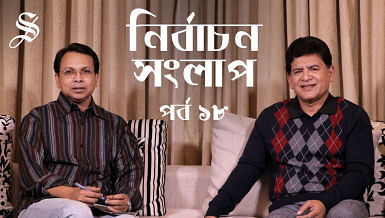
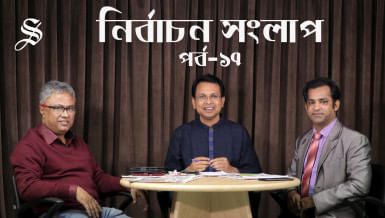
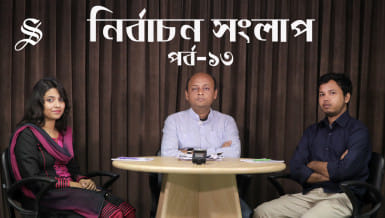
Leave your comments